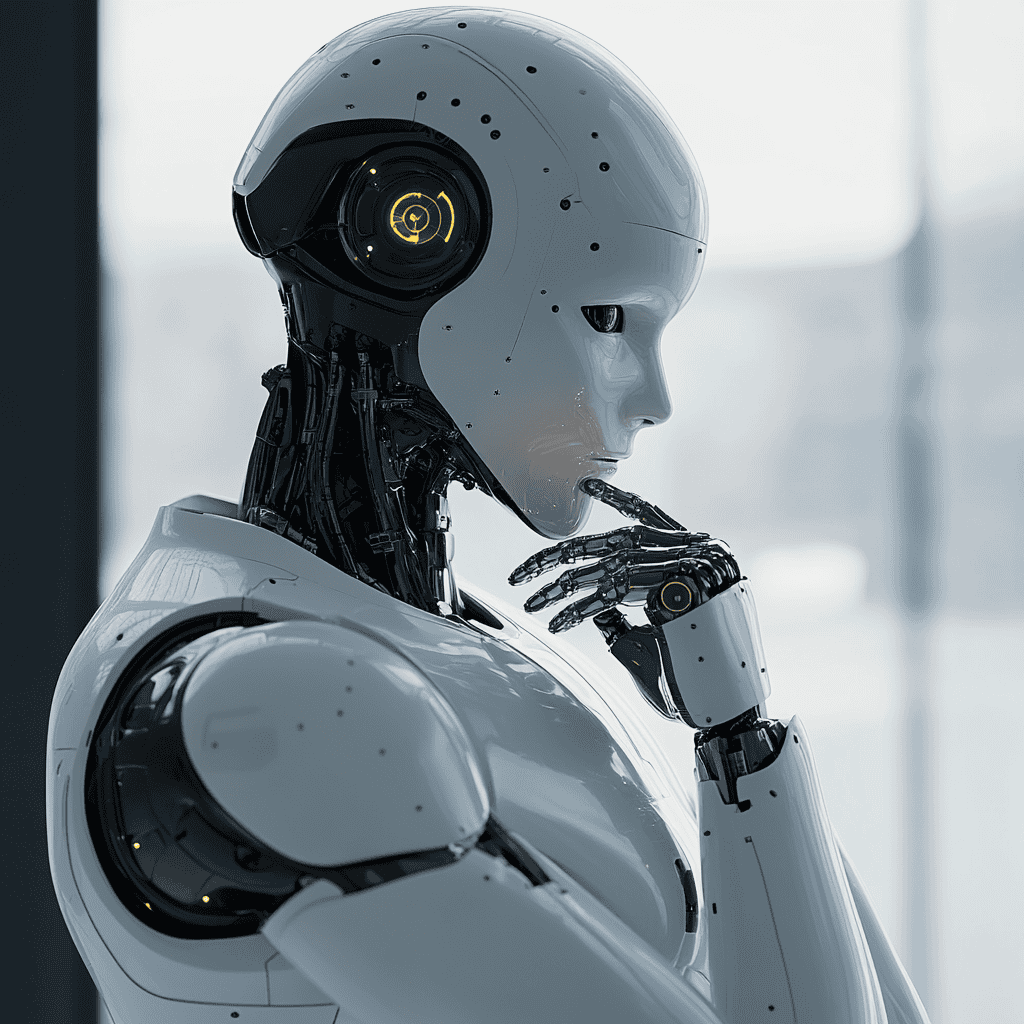Manus operates autonomously, learning and adapting as it goes.
And it’s actively shaping China’s digital world.
3 major shifts ahead:
1. Economic disruption:
Manus could automate entire industries overnight. Jobs we thought were safe from AI? Maybe not.
2. Military applications:
An AI that can strategize, adapt, and control weapon systems. It’s concerning, to say the least.
3. Information warfare:
Imagine an AI that can craft and spread information at scale, adapting its message in real-time based on how people respond.
4. Surveillance on a whole new level:
Manus could monitor and analyze data from millions of sources simultaneously, making privacy incredibly difficult.
5. Accelerated scientific research:
On the flip side, Manus could revolutionise fields like drug discovery and climate modeling.
The ethical questions are complex:
• How do we ensure Manus (and systems like it) align with human values?
• Who controls this technology?
• How do we prevent misuse?
We’re in uncharted territory. The decisions we make now will shape our future.
As someone working at the cutting edge of generative AI, I can’t help but wonder: What happens when creativity, autonomy, and intelligence converge? Let’s talk.



